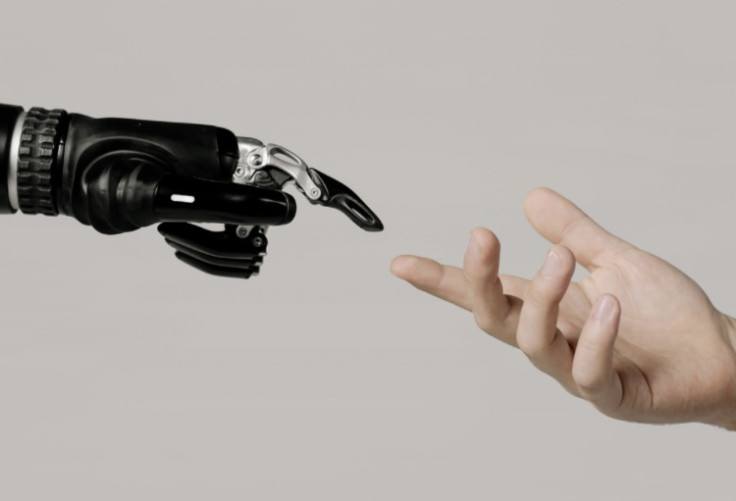
In a unique innovative intervention that could shape the future of education in US, a school in Texas has swapped the traditional classroom for a system entirely powered by artificial intelligence, and the results are both startling and thought-provoking as this experiment is raising questions about the role of teachers in a world increasingly driven by technology.
Inside school building in Brownsville, Texas, children were surprised to experience shorter classes in Alpha School where learning process completed in just two hours instead of full day and the core lessons were delivered by AI. The school's aim is to teach children faster, with personalised programmes that adapt to each learner's pace.
What is Schooling Like?
At Alpha, the morning starts with lively activities. In a colourful kindergarten classroom, six-year-old Sarah Schipper collaborates with classmates on a logic game. They hop on coloured dots, trying to solve a puzzle while cheering each other on.
The environment is upbeat, with pop music and encouragement replacing the traditional teacher-led lecture. Students are encouraged to think independently and support each other, fostering not just knowledge but confidence.
How Does the AI-Driven System Work?
After the initial group activity, students move onto individualised lessons on laptops. These 30-minute sessions cover maths, English, science, and social studies. The programme uses specialised apps to help children master topics at a pace that suits them—up to five times faster than traditional methods, according to school officials. The goal is to create confident learners who can progress without the constant oversight of an adult.
Sarah says she loves working on her computer and wants to be a scientist when she grows up. She believes Alpha's approach will help her reach her ambitions. Her enthusiasm isn't unusual; many students at the school report high levels of engagement and curiosity.
The guides, who act as facilitators rather than traditional teachers, provide resources and support but don't give direct answers. This encourages children to develop independence and problem-solving skills.
Concerns Over Screen Time and Education Quality
Sarah explains she is motivated to work on her computer even after school. She claims she sometimes works until midnight to complete her mastery goals. Her story highlights a broader debate about screen time; many parents worry about children spending too long on devices, especially when they're used for educational purposes.
Swain, the campus lead, says most children finish their lessons during school hours, so homework isn't usually necessary. Younger students, in particular, aren't allowed to take laptops home. This approach aims to balance technological benefits with concerns about overexposure, especially given that US students spend an average of 98 minutes daily on school devices.
Does Personalised Learning Really Work?
Early data suggests that Alpha's model is effective. Co-founder MacKenzie Price claims their students outperform most benchmarks nationally, learning core subjects faster and with better retention. These results are encouraging for advocates of personalised learning, although critics warn that AI cannot replace the social and emotional aspects of teaching.
The school's success stems partly from its realisation that traditional classrooms often fail to meet individual needs. Price, who launched Alpha a decade ago after her own frustrations with standard schooling, believes technology can make education more engaging and efficient. She points out that children learn best when they love what they're doing, and Alpha aims to foster that love through customised, mastery-based lessons.
The Role of Teachers in a Tech-Driven Future
While AI handles core instruction, guides at Alpha are focused on motivation and emotional support. They don't create lesson plans or grade assignments, freeing up more time to build relationships with students. This reimagined role is a significant shift from traditional teaching, raising questions about the future of educators.
Experts like Robin Lake from the Centre on Reinventing Public Education argue public schools could learn from Alpha's approach. They suggest that many teaching tasks could be streamlined with technology, allowing teachers to focus on mentoring and critical thinking. However, they emphasise that AI should complement, not replace, the human element crucial to effective learning.







